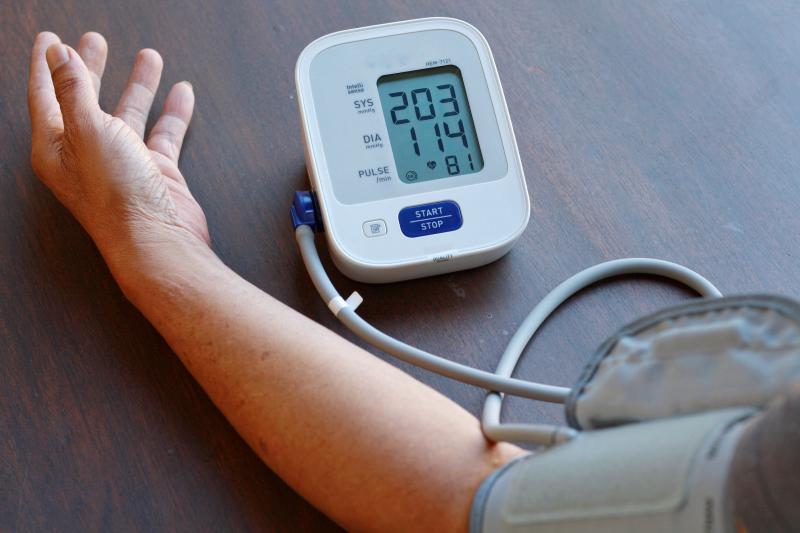
In patients with systemic lupus erythematosus-associated pulmonary arterial hypertension (SLE-APAH), the tricuspid annular plane systolic excursion (TAPSE) is useful for the assessment of right ventricular function and is associated with health-related quality of life (QoL), a recent study has found.
Researchers enrolled 60 consecutive SLE-APAH patients (mean age, 33.6±8.2 years; all female) in whom disease activity was measured using the SLE disease activity index. The 36-item Short Form Survey (SF-36) was used to assess health-related QoL. All participants underwent echocardiography.
Among the echocardiographic measures, TAPSE emerged as a useful indicator of right ventricular function. For instance, those with TAPSE <17 mm had significantly higher right ventricular myocardial performance index than those with TAPSE ≥17 mm (0.60±0.16 vs 0.47±0.09; p<0.001).
Similarly, the ratio of peak early to late diastolic transtricuspid flow velocity (0.90±0.83) and the ratio of peak early diastolic transtricuspid flow velocity to the peak early diastolic tricuspid annular velocity (5.6±2.6 vs 4.7±1.9) in the right ventricle were both marginally higher in those with TAPSE <17 mm.
TAPSE also appeared to be a good indicator of health-related QoL. Those with scores <17 mm had significantly lower results in almost all domains of the SF-36, especially for the physical and mental component summaries.
“Echocardiographic measurements as promising noninvasive indices of right ventricular remodelling and function are correlated with QoL, as well as clinical and haemodynamic features in patients with SLE-APAH,” said researchers.
“In particular, TAPSE is superior to other echocardiograph-derived right ventricular indices in determining health-related QoL of these patients,” they added.